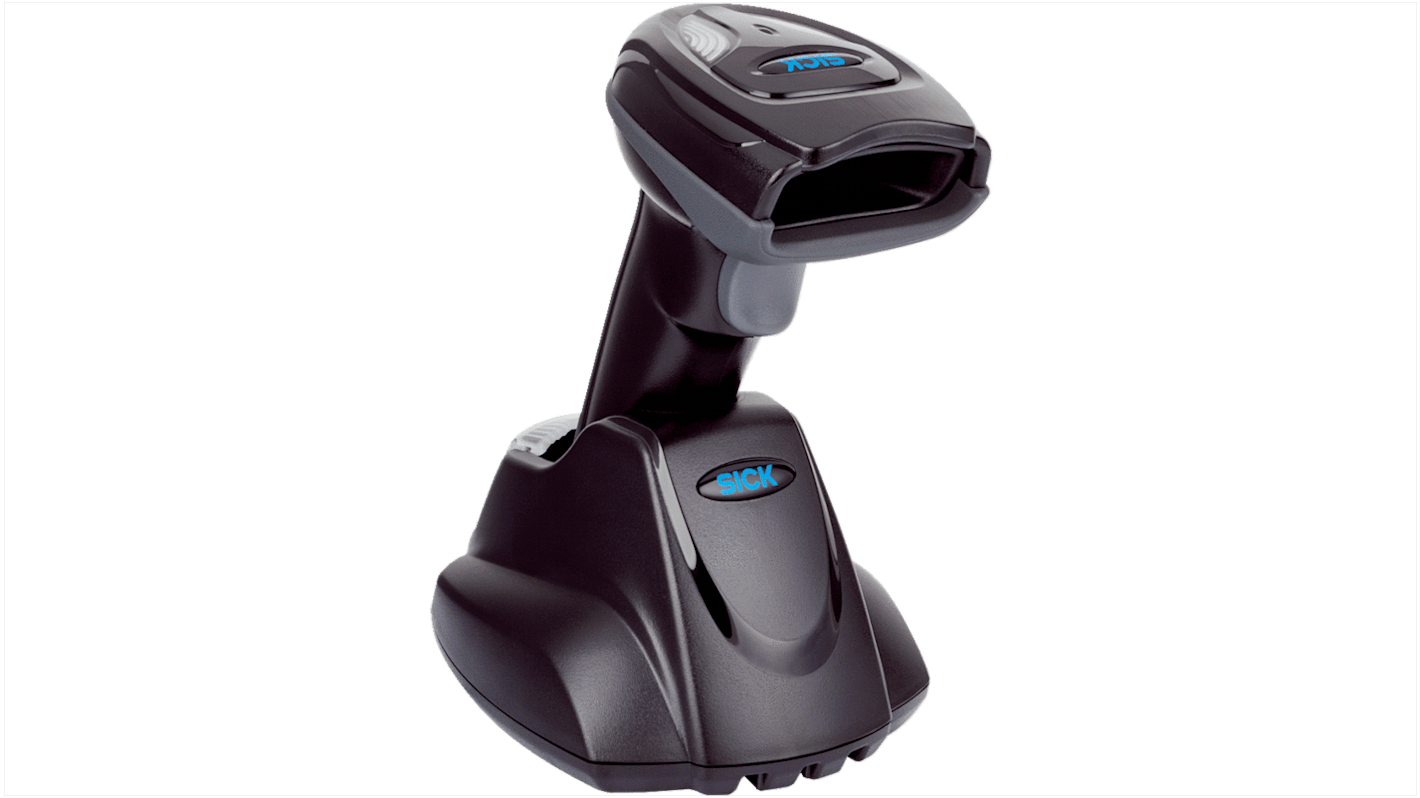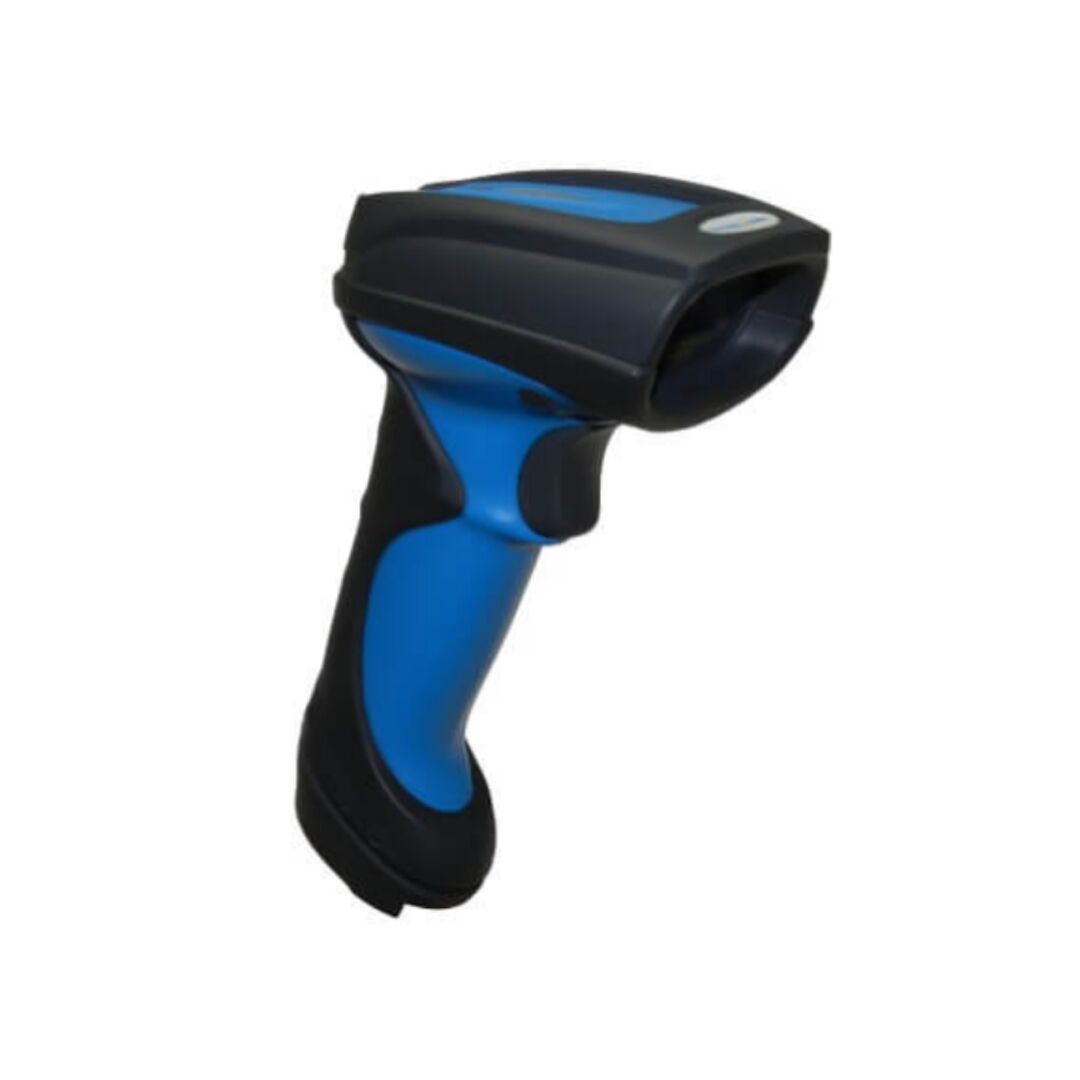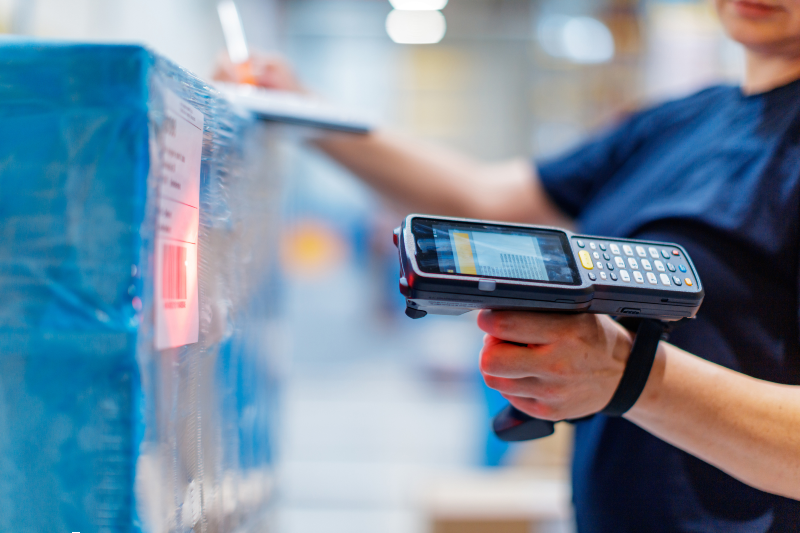Barcodes Scanners Designed for Fast Retail Operations
Barcodes Scanners Designed for Fast Retail Operations
Blog Article
Picking the Right Barcode Scanner for Your Service Demands
Picking the suitable barcode scanner for your company requires a nuanced understanding of your details operational demands and environmental problems. Elements such as scanner type, speed, and compatibility with existing systems play a pivotal function in identifying the appropriate choice. Additionally, considerations around resilience, connectivity, and the overall price of ownership can substantially affect lasting efficiency. Understanding these aspects is vital, yet lots of organizations forget critical aspects that could influence their total performance. The next steps in this procedure can make all the difference for your operations.
Comprehending Barcode Scanner Types
When it pertains to choosing a barcode scanner, recognizing the different types available is vital for conference details company requirements. Barcode scanners can be classified into several kinds, each made for different applications and settings.
Fixed-mount scanners, on the other hand, are created for high-volume scanning applications, typically found in setting up lines or check out counters. These scanners are installed in a stationary placement, enabling for quick scanning of several things in succession.
Another kind is the mobile computer system, which integrates scanning capacities with calculating power. These tools are excellent for area operations or storage facility monitoring, making it possible for information collection and real-time stock monitoring. In addition, there are commercial scanners that are constructed to hold up against extreme environments, such as extreme temperatures or direct exposure to dirt and moisture.

Trick Functions to Consider
What important functions should organizations prioritize when selecting a barcode scanner? First and primary, scanning speed is essential, as faster scanners enhance functional effectiveness, especially in high-volume atmospheres. The scanner's capacity to review numerous barcode layouts is also vital; ensure it sustains preferred types like QR codes, UPC, and Code 128 to fit varied inventory products.
Toughness is one more key feature, specifically for organizations in sturdy setups. Search for designs that are developed to stand up to decreases, dirt, and wetness. Furthermore, think about the connectivity options readily available; whether you prefer USB, Bluetooth, or Wi-Fi, the ideal connectivity can enhance integration with existing systems.

Evaluating Your Service Setting
To efficiently pick a barcode scanner, companies must take stock of their particular functional atmosphere. This analysis consists of evaluating the physical format of the work space, the nature of the products being checked, and the normal problems under which scanning occurs. A retail atmosphere might require portable scanners that can rapidly refine deals at the check out, while a storehouse setup might benefit from ruggedized scanners developed to withstand harsher problems.
In addition, consider the volume of scanning required. High-throughput settings might necessitate sophisticated scanning modern technologies, such as fixed-position scanners or smart phones that can operate effectively in busy situations. The integration capacities with existing inventory management systems likewise play an essential function; ensure the chosen scanner can seamlessly get in touch with software application platforms in usage.
Additionally, assess the capacity for development and scalability. A scanner that satisfies current demands could not be enough as organization expands. best site By completely examining these variables, services can pick a barcode scanner that not only fulfills immediate requirements however likewise sustains lasting functional efficiency and adaptability. This critical strategy inevitably contributes to smoother procedures and enhanced performance.
Budgeting for Your Scanner
Having examined the functional atmosphere and recognized the certain demands for a barcode scanner, the following step navigate to this site includes mindful budgeting to guarantee a clever economic investment. Establishing a budget plan starts with determining the overall prices related to the scanner, consisting of first purchase rate, operational expenditures, and possible upkeep fees.
When picking a barcode scanner, take into consideration the range of readily available alternatives, from portable gadgets to fixed-position scanners, as costs can differ significantly. It is necessary to stabilize cost with capability; going with a much more budget-friendly version may lead to increased operational inadequacies if it does not meet your organization demands.
Along with the hardware, variable in prices associated with software, training, and potential upgrades. While it could be appealing to decrease upfront expense, purchasing a high quality scanner that aligns with your functional requirements can yield long-term cost savings via improved efficiency and reduced downtime.
Lastly, think about the total price of possession, which includes the scanner's life-span and prospective resale worth. By diligently intending your spending plan, you can make certain that your financial investment in a barcode scanner will improve your functional performance and monetary efficiency.
Integration With Existing Equipment
Incorporating a barcode scanner with your existing systems is important for optimizing its performance and making certain seamless operations. barcodes scanners. A well-integrated scanner boosts process efficiency, decreases mistakes, and speeds up data processing. When selecting a barcode scanner, consider compatibility with your present software application and hardware infrastructure, including your stock administration systems, point-of-sale (POS) systems, and enterprise resource preparation (ERP) solutions
Review whether the scanner utilizes common protocols such as USB, Bluetooth, or Wi-Fi, which can promote simple combination. Furthermore, look these up assess whether the scanner's software uses APIs or SDKs that enable personalization and integration with proprietary systems. This is specifically essential for services with distinct functional requirements.
Moreover, think about the scalability of the scanning solution. As your organization expands, your systems must have the ability to suit added scanners and handle enhanced data quantities without substantial reconfiguration. Ultimately, buying a barcode scanner that effortlessly integrates with your existing systems will certainly produce long-term benefits, improving precision, effectiveness, and general productivity within your operations. Make the effort to extensively assess your assimilation needs prior to making an acquisition choice.

Conclusion
To conclude, choosing a proper barcode scanner requires a thorough evaluation of various variables, including scanner types, essential functions, and the particular business setting. Proper budgeting for both procurement and operational costs is imperative, together with making certain compatibility with existing systems. By carefully thinking about these components, companies can boost efficiency and productivity, inevitably causing improved functional end results. The appropriate barcode scanner acts as an important tool in enhancing procedures and helping with reliable supply administration.
Report this page